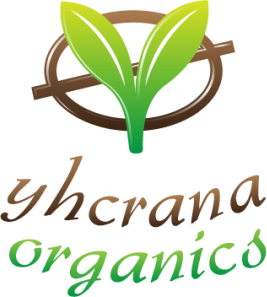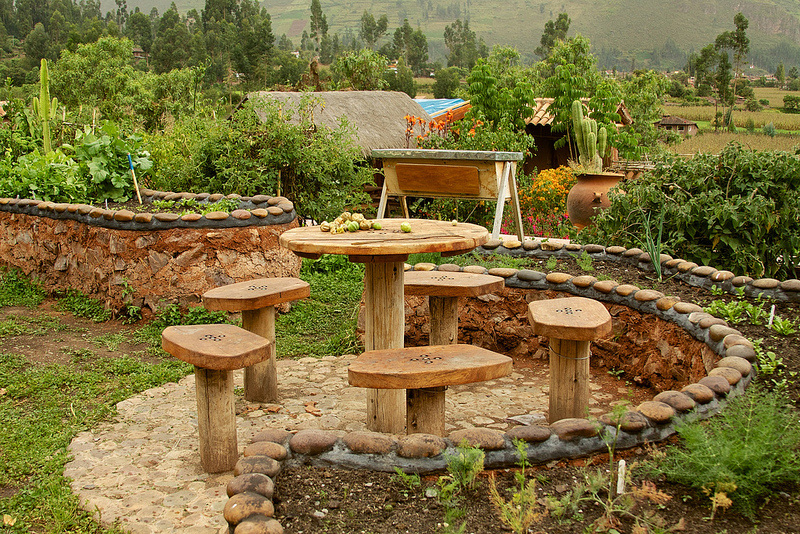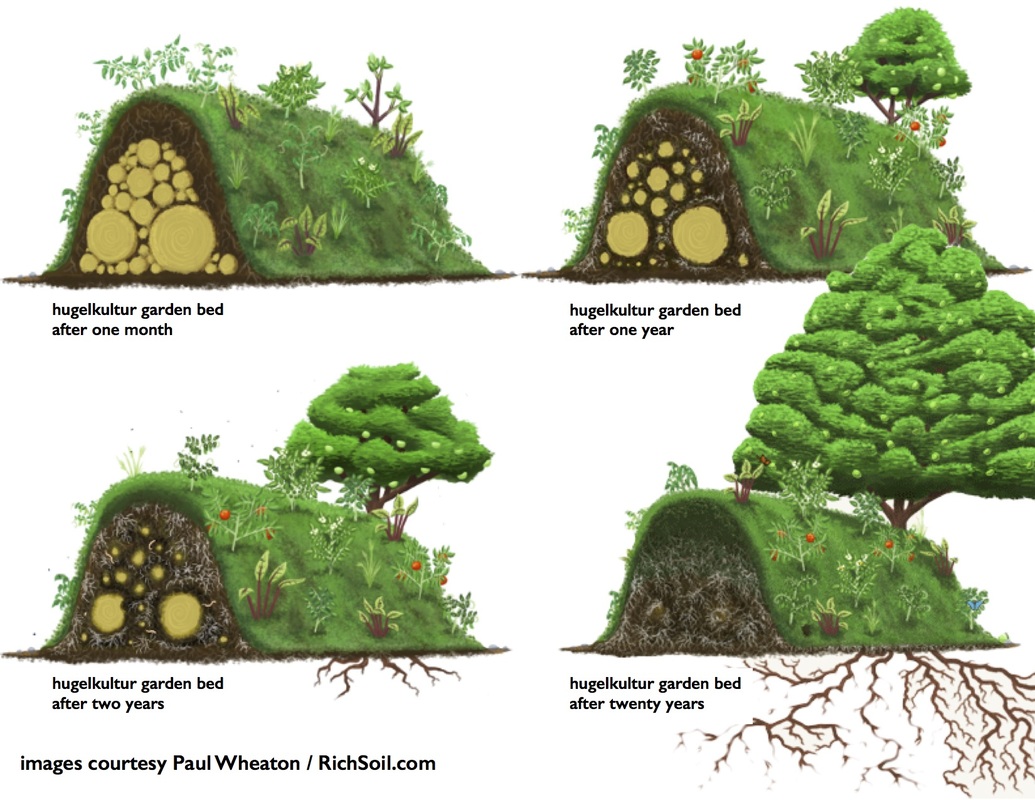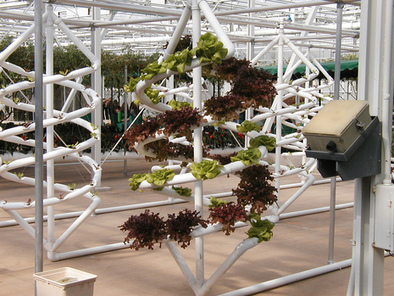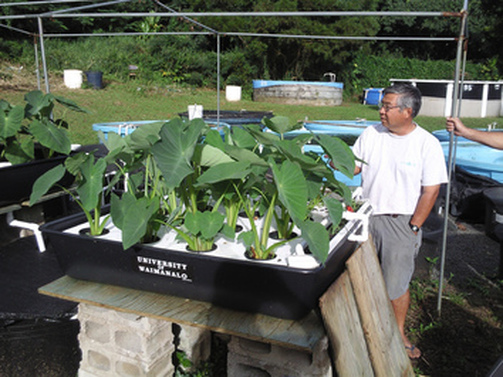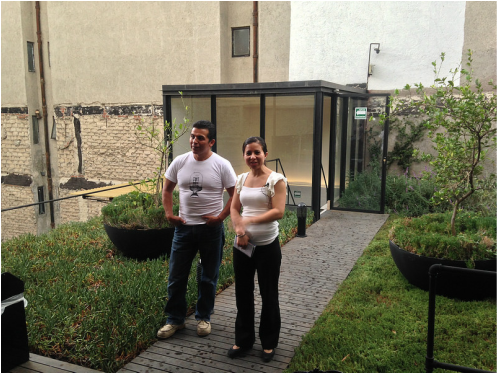|
Hydroponics
|
|
Urban Farming
|
Privacy Policy: Yhcrana Organics will not share your personal information with anyone. Please click here to view our complete privacy policy.
copyright CY-OP Inc. / Yhcrana Organics 2015
copyright CY-OP Inc. / Yhcrana Organics 2015
